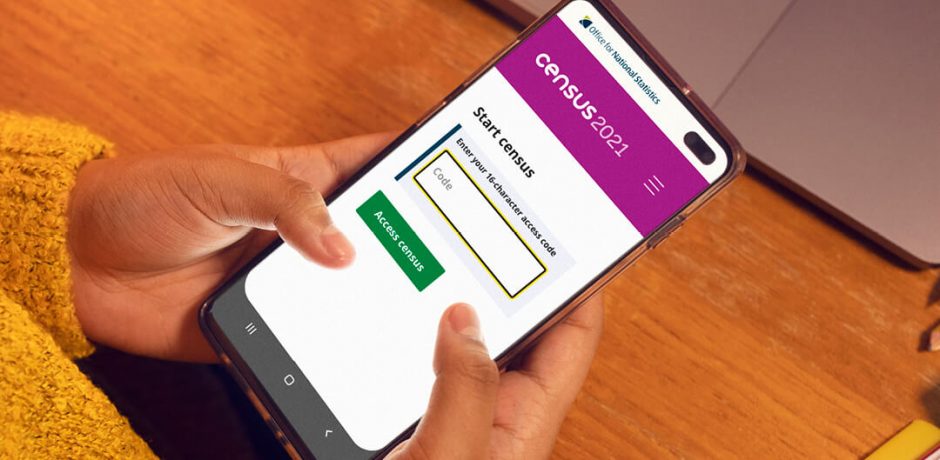There has been a great response to Census 2021, but it is important everyone is counted and that includes students.
The Office for National Statistics (ONS) wants to make sure as many students as possible complete a census for their term time accommodation to build an accurate and representative count of the student population.
This is important to ensure student communities are counted when it comes to planning and provision of services in their university and college towns and cities as well as at a family home.
“Census 2021 has gone brilliantly so far,” ONS director of operations Pete Benton said. “The overwhelming majority of people across England and Wales have already taken part but for us to have the most accurate picture of the whole population, we need everyone to fill in their questionnaire, including students. Even if you were included on your parents’ census because you were staying there on March 21, you still need to fill in one for your usual term-time address.”
Hillary Gyebi-Ababio, NUS Vice President of Higher Education, said: “It is so important that all students, including international students, are represented because the information collected helps to inform funding decisions that impact the student community and student experience. This includes services needed now and in the future like jobs and employment, training and opportunities, environmental policy, healthcare needs and university transport links.”
To find out more information and for details on how to fill in the census, please visit: census.gov.uk/students
Some myth-busting facts about the census… Things you think you know about the census, but you’re wrong!
Myth 1: Students don’t count in the census
Students are vitally important and do count! All students need to be included in the census, and they should complete a form for their usual term-time address even if they weren’t there on census day. This is extremely important so the ONS can build an accurate picture of the student population in every local area. The information students provide is crucial in helping to make sure students in their area get the services they need now and in the future.
All universities and colleges have details of how students should complete their census. Or go to census.gov.uk/students and request an access code.
Myth 2: I’ll be counted twice if I’ve already been included on my parents’ form
Don’t worry, the stats experts at the ONS will make sure there is no double-counting when the data is processed.
There are two questions on the household – or family – form that work together to provide an indicator that is used to filter the student to the end of the form at the home address (so they are only “partially” counted at the home address). That indicator is then used in processing to identify and remove the duplication.
You should be aware, if you aren’t counted at your term-time address, there will only be a partial record of you. You won’t have had the chance to answer questions on your sexual orientation, religion or gender identity, for instance. These individual questions are important when it comes to planning local services.
Myth 3: I’m not a British citizen, so I don’t have to be counted
Everyone staying in England and Wales on Census Day, March 21, has to be counted and that includes international students. If you’re an international student and not currently in England or Wales, but would normally be, the ONS also want to count you.
Myth 4: My information will be shared
That’s not the case – no one will see the information you provide on the census for 100 years.
No individual or their responses can be identified in the statistics we publish. In fact, your personal information can’t be seen by anyone who makes decisions about you. It cannot be used by government to influence benefit claims, a residency application, immigration status or taxes, or by landlords or any other private organisation.
Myth 5: The census is pointless. It doesn’t help me.
The census benefits us all by underpinning the services every single one of us relies on. It provides information on our living arrangements, health, education and the jobs we do and the information from it will help inform decisions at a local and national level for years to come. From the environment to the planning of bike lanes, from job schemes to the number of hospital beds – census information is even used when deciding where to build new supermarkets, what food to put on the shelves and how many disabled car parking spaces to include.
Myth 6: Census 2021 is over – I’ve missed Census Day so I don’t have to do it
Wrong! Every household is required by law to complete the census and even though Census Day – 21 March 2021 – has been and gone, it is not too late to complete a questionnaire to avoid a fine. If you’re student who hasn’t yet completed a census for your term time address, do it now. It only takes 10 minutes. Visit census.gov.uk/students and request an access code.
